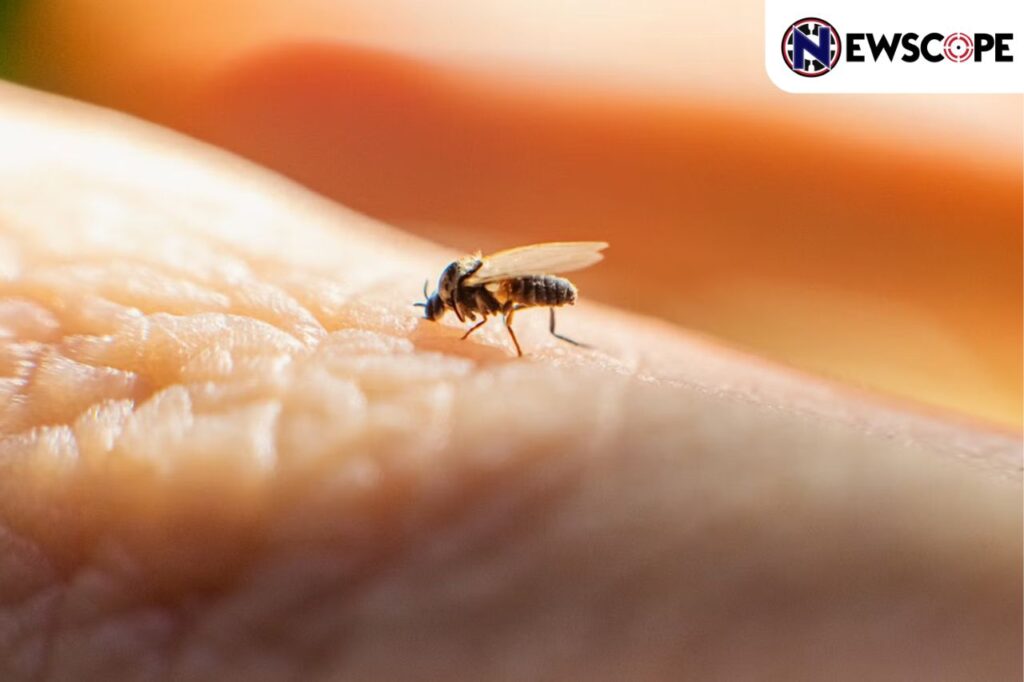The Zoological Survey of India has identified a species of blood-sucking blackfly, known locally as ‘pipsa’ or ‘potu’ in the rivers of Darjeeling and Kalimpong in West Bengal that is capable of transmitting a parasitic worm that causes Onchocerciasis, or river blindness.
The blackfly, belonging to the Simuliidae family, is a carrier of the parasitic worm Onchocerca volvulus. When the fly bites a human it leaves an opening for the worm to enter the body. It then begins forming nodules under the skin. Over time, the worm can migrate to the eyes, leading to irreversible blindness when left untreated. Dr. Atanu Naskar, a scientist at ZSI’s Diptera division, explained that these flies are small, nearly invisible to the naked eye. They are difficult to distinguish from other fly species externally. The ZSI team had collected samples from eight locations across the two districts in order to cobfirm the presence of these flies in local rivers. The local rivers serve as breeding grounds.
While no cases of river blindness have been reported in the region recently, the findings are concerning due to the socio-economic impact it would have on the tourism in and around Darjeeling and Kalimpong. Tourists, often unaware of the flies, will be at risk of bites while exploring riverine areas. The flies are elusive in nature as they can feed on blood and depart unnoticed.
The Public health officials have been asked to look after the situation and educate locals and tourists alike on preventive measures like using insect repellents and avoiding fly-prone areas.



